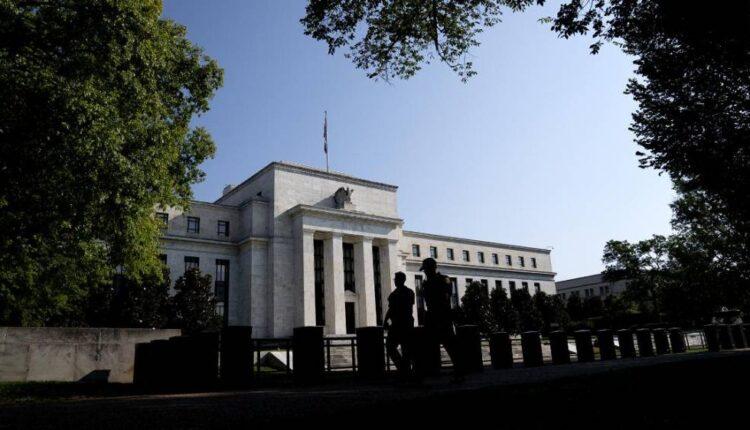New York (CNN Business)Federal Reserve Chairman Jerome Powell has been criticized by progressives for going soft on big banks and not doing enough to address the climate crisis. Now, a lifelong Republican is joining that critique.
Sheila Bair, one of the few American regulators who sounded the alarm prior to the subprime mortgage meltdown, told CNN that Powell has presided over a troubling rollback of the rules installed to prevent a repeat of the 2008 financial crisis. “His real weakness is on financial regulation,” said Bair, who led the Federal Deposit Insurance Corporation from 2006 to 2011. “Oversight is weaker since Janet Yellen left. That’s an easy one.”
Bair, an appointee of President George W. Bush, also said that the Powell-led Fed hasn’t done enough to address climate change. She called for a more structured consideration of climate risk in bank supervising and stress testing.
“There are very real financial risks the banking system is exposed to because of climate,” Bair said. Read More
Biden’s big decision
The comments come as President Joe Biden weighs reappointing Powell to another four-year term leading the world’s most powerful central bank. Progressives, led by New York Rep. Alexandria Ocasio-Cortez, have called on Biden to replace Powell as chairman when his term expires in February. A White House official previously told CNN that Biden will appoint candidates to the Fed who he thinks “will be the most effective in implementing monetary policy.”
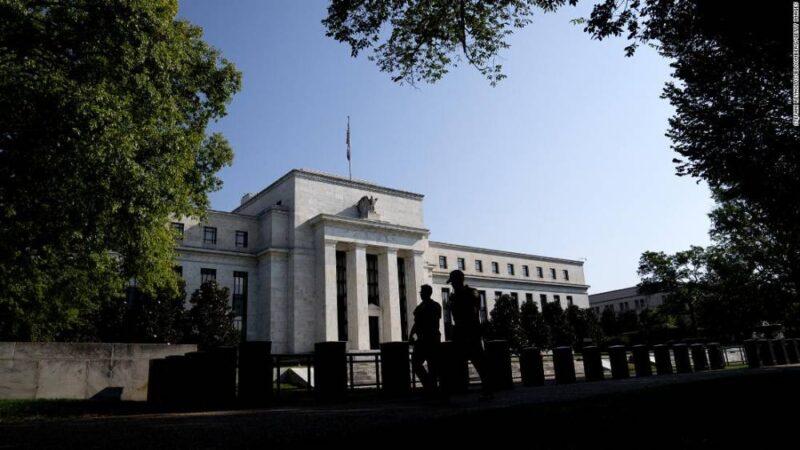
Progressives led by AOC call for Biden to replace Fed Chair Powell Powell has been praised by some economists for his response to the biggest test of his tenure: the global pandemic. In March 2020, the Fed moved swiftly to slash interest rates to zero and announced unprecedented programs aimed at unfreezing credit markets. Some economists argue those emergency actions prevented the Covid recession from morphing into a full-blown depression. Bair said Powell deserves “high marks for acting quickly and decisively” to the pandemic that erupted in March 2020 and for publicly communicating the Fed’s mission.
‘It’s all weakening’
However, the former FDIC chief argues the Fed and other agencies should have been tightening financial regulations prior to the arrival of Covid to snuff out asset bubbles and force banks to build capital buffers ahead of a potential storm.”They did the opposite. They kept loosening and loosening, even as the economy was growing well under Trump,” said Bair, who has long been an outspoken proponent of tougher regulation. “It definitely disregards a key lesson of the financial crisis.”
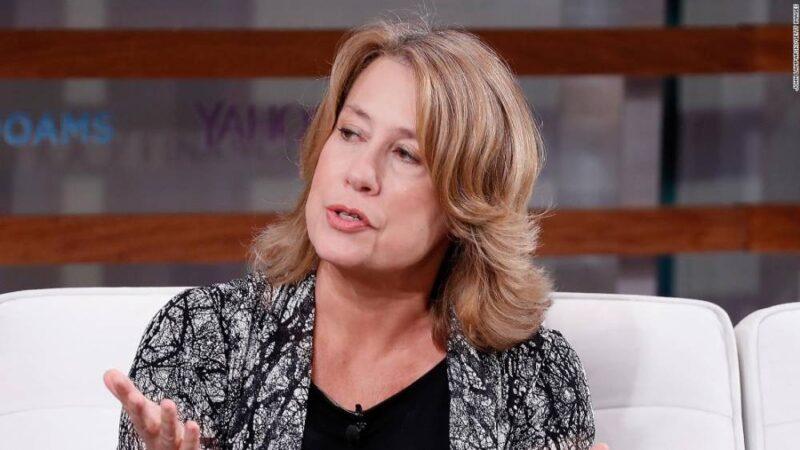
Former FDIC Chair Sheila Bair says many banks would have failed during the pandemic if not for the Federal Reserve’s unprecedented rescue. The Financial Crisis Inquiry Commission, which spent more than a year examining the causes of the financial crisis, found that regulatory lapses contributed to the 2008 meltdown.”Widespread failures in financial regulation and supervision proved devastating to the stability of the nation’s financial markets,” the commission concluded. Today, Bair serves on various boards, including at Fannie Mae where she’s the chair. Bair is also reviving her career as a children’s book author by launching a series of books titled Money Tales, that will focus on financial education. The vast majority of the 2010 financial reform law known as Dodd-Frank is still in effect today. Yet Bair worries about a steady chipping away of those safeguards. She pointed to a slew of changes made during the Powell era, including altering bank stress test assumptions, reforming the controversial Volcker Rule and eliminating a margin requirement on derivatives transactions. During each of those regulatory tweaks, proponents have cited a desire to “modernize” the rules of the road. Bair rejects that sentiment.
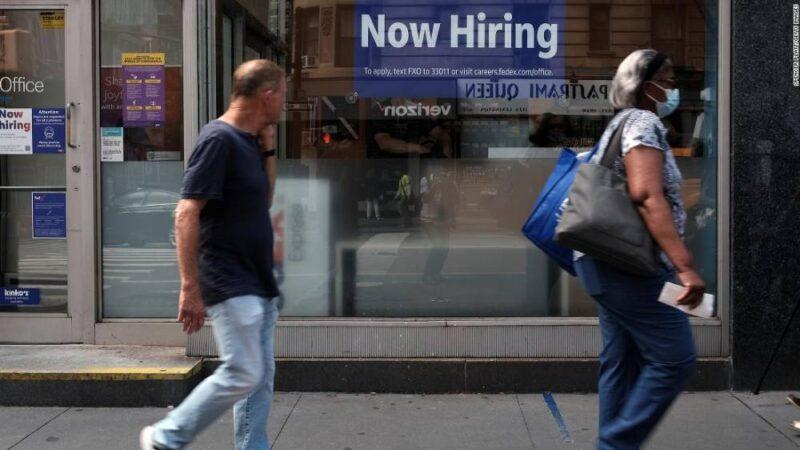
The August jobs numbers have economists worried. Here's why”I don’t know how that’s modernization. Directionally, it’s all weakening,” she said. “If they want to modernize, it would be nice to see them kick into gear on cryptocurrency. That’s been a very slow train.”(Bair sits on the board of Paxos, a fintech company backed by PayPal that describes itself as the first regulated blockchain infrastructure platform.)
Powell defends regulatory record
Anthony Scaramucci, founder and managing partner of investment firm SkyBridge Capital, defended Powell’s tenure running the Fed and questioned who would be a better candidate.”Jerome Powell has by and large done a very good job,” Scaramucci told CNN. “If you want to replace him for optics purposes, go ahead. But I think it would be a mistake.”The Federal Reserve declined to comment in response to Bair’s criticism. Despite Bair’s comments, the Powell-led Fed has taken steps to address the climate crisis.
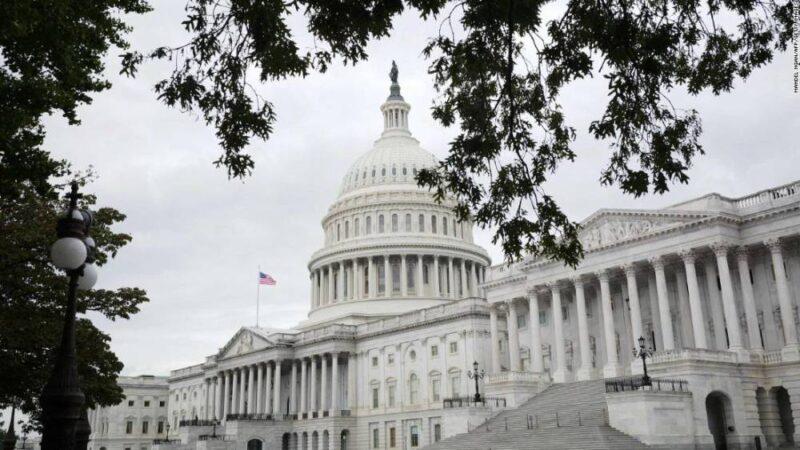
'Financial Armageddon.' What's at stake if the debt limit isn't raisedLate last year, the central bank joined an international network of global financial regulators focused on climate change. In June, Powell said the climate crisis poses “profound challenges for the global economy and certainly the financial system.”During a July Senate hearing, Powell defended his regulatory track record. He argued the severity of stress tests has “very much been maintained” and effectively raised capital requirements for the biggest banks. Powell also pointed to how last year the Fed suspended share buybacks for banks and capped dividends, steps that drove their capital levels even higher. “By and large, our financial institutions are well capitalized,” Powell said. “They did manage to get through the recent pandemic and the acute phase of it and the recovery and did their jobs during it.”
Banks survived this time
The Fed announced last month that big banks will be required to hold approximately $1 trillion in high-quality capital — “enough to survive a severe recession and still be able to lend to households and businesses.”Bair agrees that banks are certainly better capitalized than during the last crisis, when the implosion of Lehman Brothers threatened to tank the entire financial system.
However, Bair pointed out that big banks benefited massively from the Fed’s unprecedented intervention in March 2020, including its promise to buy junk bonds and other corporate debt. “I don’t think they have a lot to brag about,” Bair said of the major banks. “I’m glad they didn’t fail. But I think a lot of them would have if the Fed hadn’t stepped in big time to rescue the whole economy.”
Source: edition.cnn.com

